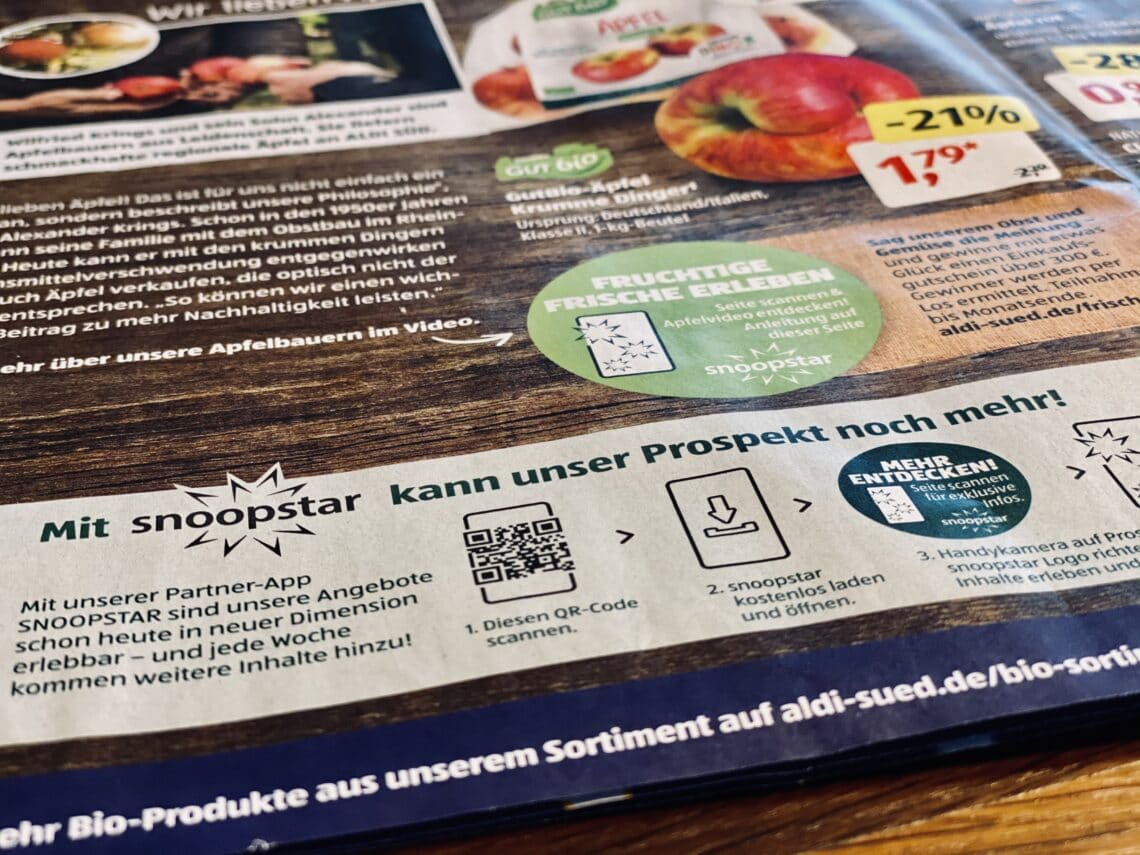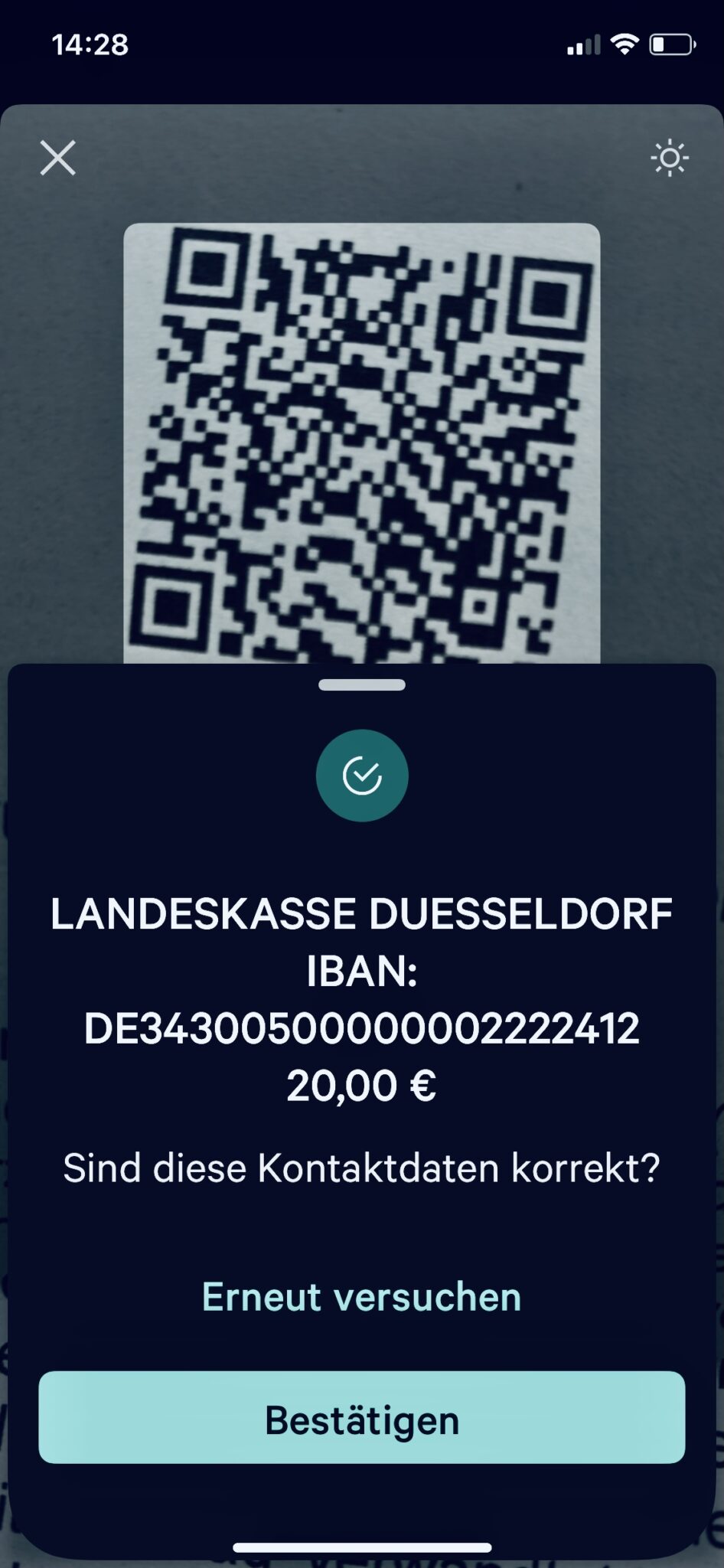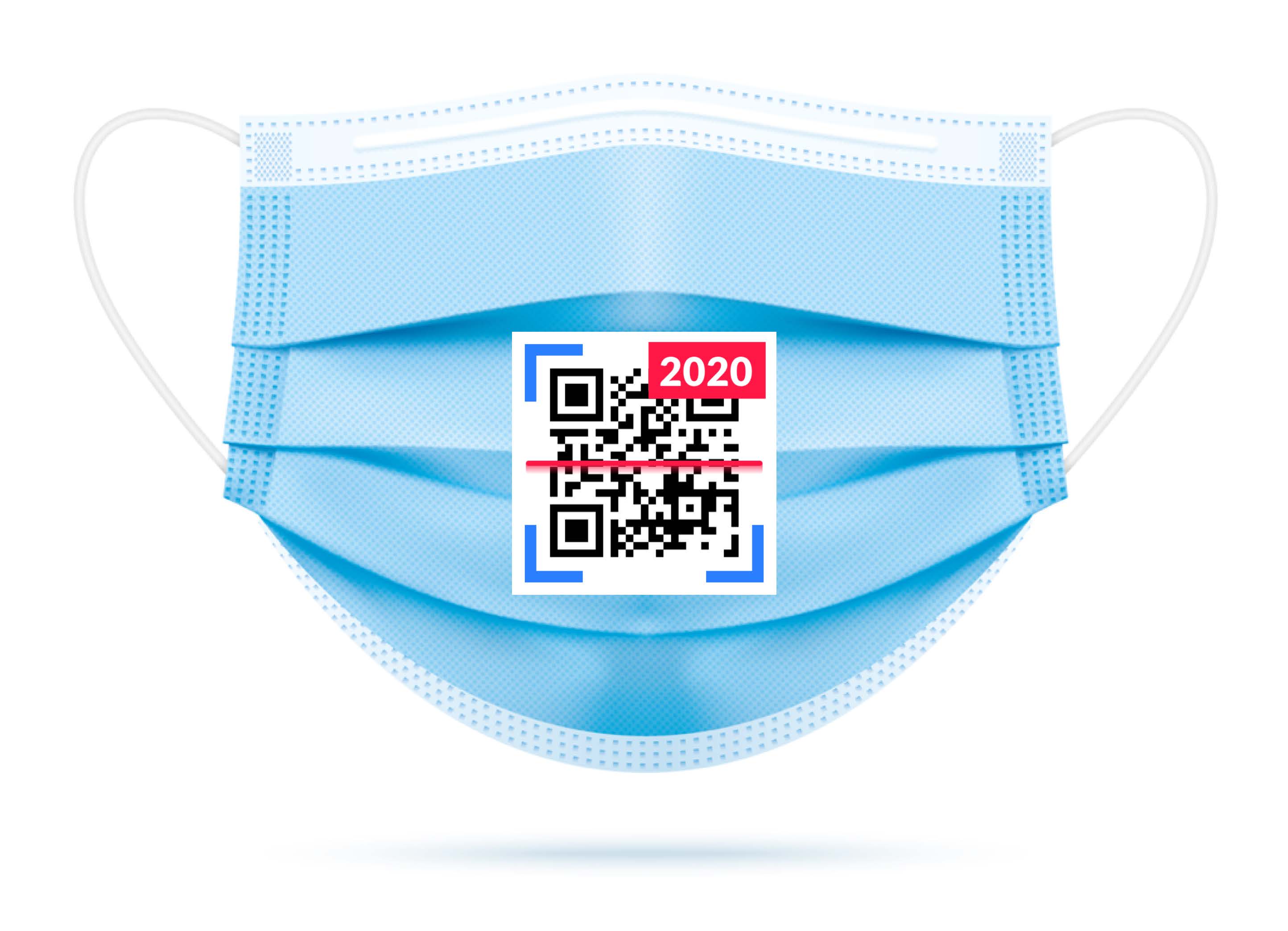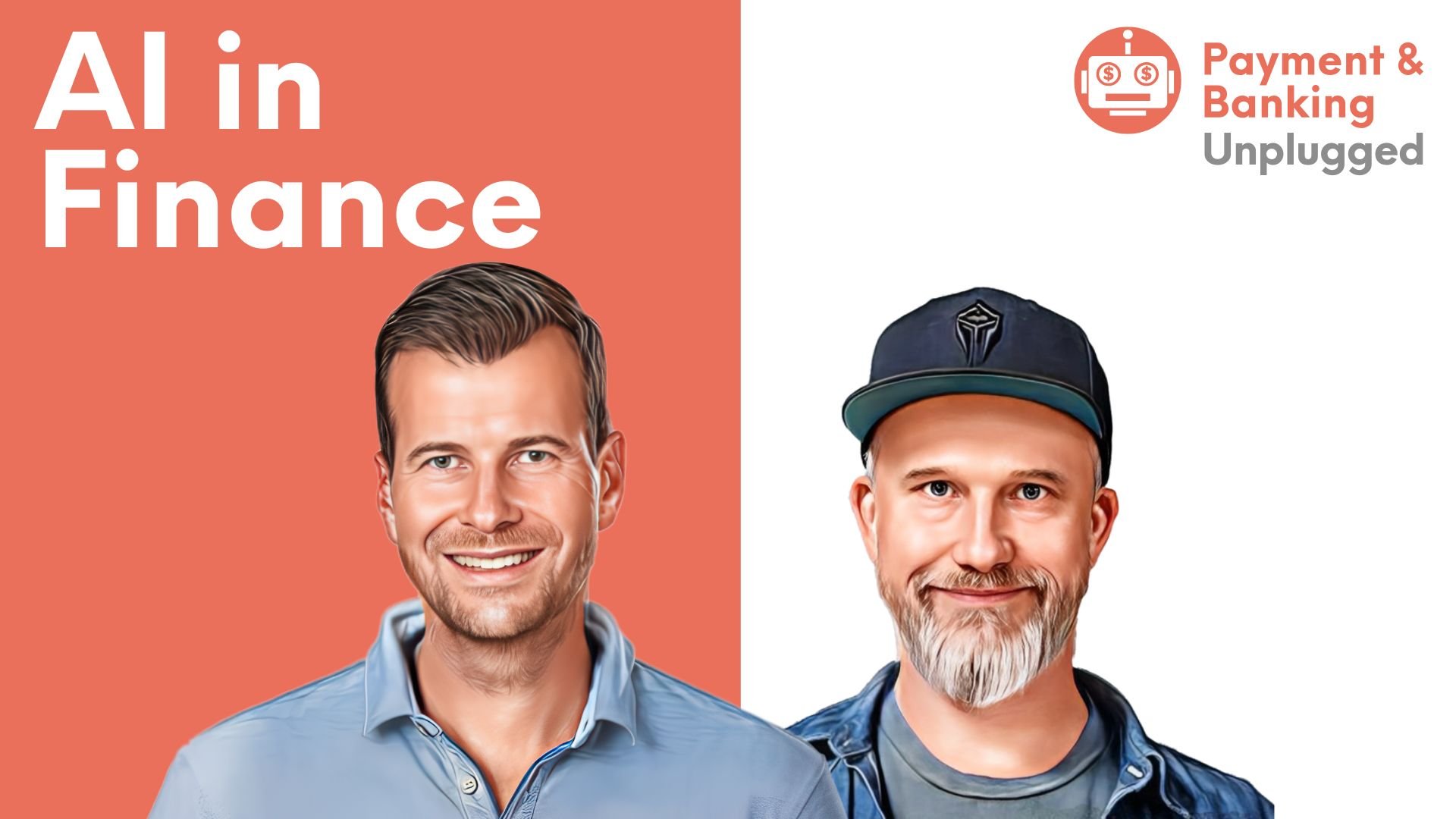Marcus W. Mosen comments payment or banking topics on various portals and delights his followers on twitter (@mwmose) with pointed contributions to Payment, Fintech or politics. From now on you will find his monthly guest column „instant messages by…“ on current events in Payment, Banking & Co.
instant messages #10 by Marcus W. Mosen
In early March, when 3rd column on „Dirty Money in Times of Corona“, it was definitely not foreseeable that 2020 would actually become a key year for payment traffic. Even though Mr. Balz had probably anticipated other „key events“ in his thoughts when he wrote about the „Key yearThe effects of the pandemic have revolutionised payment traffic,“ explained the Minister.
„Thanks“ We experience Corona in payment and banking Industry at many corners „key year suspicious“ moments: the announcement of new strategies by the European Commission around a modern and secure retail payment and the framework for a digital financial strategy And the ECB’s plans for a digital euro must also probably be seen in the light of the large-scale field tests for a crypto currency in China. At present, this is not (yet) primarily about payment transactions at the POS, but rather about the strategic question of who controls the global flow of money or has the instruments to keep the financial system stable in an increasingly digitally networked world.
That Crypto Currencies are also increasingly reaching the mainstream, it dawned on us at the latest since the announcement of Paypal that we can also buy, sell or store Bitcoins & Co. in the wallet via this platform. Paypal thus gives the „badly slandered“ Bitcoin the „ennoblement“ – and the financial market strategists and central bankers new brain teasers.

The return of the QR Code
If you put your ear to the rails of payment traffic, you will notice the vibrating and humming and you will not be surprised that the fast trains of change suddenly arrive in the domestic payment world even faster than you might think. Interestingly, however, it’s no longer just the „cardrails“ that allow us to recognize the changes in Corona’s everyday life. Thanks to Corona and the compulsion to keep our distance, anyone who looks around can see that the QR Code, which was previously rather scorned, is now entering our lives in many places via our photo app. The „Quick Response Code“ developed by Masahiro Hara in 1994 is now being used in many different situations in life: in more and more restaurants the menu is now on the table with a printed QR code – when open.

The numerous advertising flyers about the weekly offers of the different supermarkets contain QR codes, which give us information about the respective products or even offer a little film, which is played to us via the „Snoopstar-App“ and Scan. Life is increasingly taking place in an app-based world – without us perhaps always realizing it immediately.
So in payment we encounter the QR code more and more: so I was recently able to scan a „ticket“ for a completely unintentional traffic offence from my banking app and the 20 € were transferred. So you „gladly“ comply with your penalty against the state treasury…

New openness for the QR Code
However, QR-based payment is not new in Germany. Some will remember that Mr. Otto from the mail order company of the same name tried to position QR-based payment as an alternative to card payment in our country between 2012 and 2015 The product failed – not only because of the then still complicated UX of onboarding of new customers, but also because of the not really surprising disagreement among banks as to whether a „not invented by us project“ could be financially supported. After all, they had the good old girocard system that still stands for a #CardsFirst today. The product – it was called Yapital – was finally buried in early 2016. in the same year that the likewise QR Code-based Chinese Alipay came to Germany, so that the POS network operators flux were able to recycle this application for Alipay, which they had developed for free for Yapital.
But the land of smiles has not only brought us this virus that has completely changed our lives, but also numerous innovations and applications where smartphones and apps are at the centre of interaction. The challenges we face in Europe – whether in payment or banking – can only result in an uncompromising willingness to put the smartphone at the center of all strategic considerations.
„The challenges can only result in the uncompromising willingness to place the smartphone at the centre of all strategic considerations.
Anyone who puts their ear to this digital track will very quickly ask themselves whether bank branches and ATMs still fit into an era in which the „all-purpose tool“ smartphone is available.
Corona has turned out to be the key event for (almost) everything – including the payment industry and consumer payment behaviour. Before Corona, the QR Code was not an issue for us. But now that personal security and contactlessness have entered everyone’s consciousness, a new openness is becoming apparent for these applications as well. And if at some point the protective masks fall again, we will probably find that many have wasted the pandemic time unused in countless Skype, zoom or team calls instead of using the time as a „window of opportunity“ to create the „new normal“ in „paying or banking“.
Previously published in the series „instant messages“:
- instant messages #1 – 2020 – a key year for the European payment traffic?
- instant messages #2 – Socialist Phantasialand Berlin
- instant messages #3 – Dirty Money in times of Corona
- instant messages #4 – Corona Cash Killer?
- Instant messages #5 – Schumpeter’s legacy – COVID19 as creative destruction?
- instant messages #6 – Acts of strength in politics! Acts of strength in payment?
- instant messages #7 – Wirecard and the German payment world – a cauldron of colorful
- instant messages #8 – Summer slump in German payment traffic – yes where is it?
- instant messages #9 – Fast, faster – Instant?




